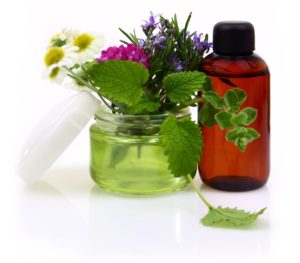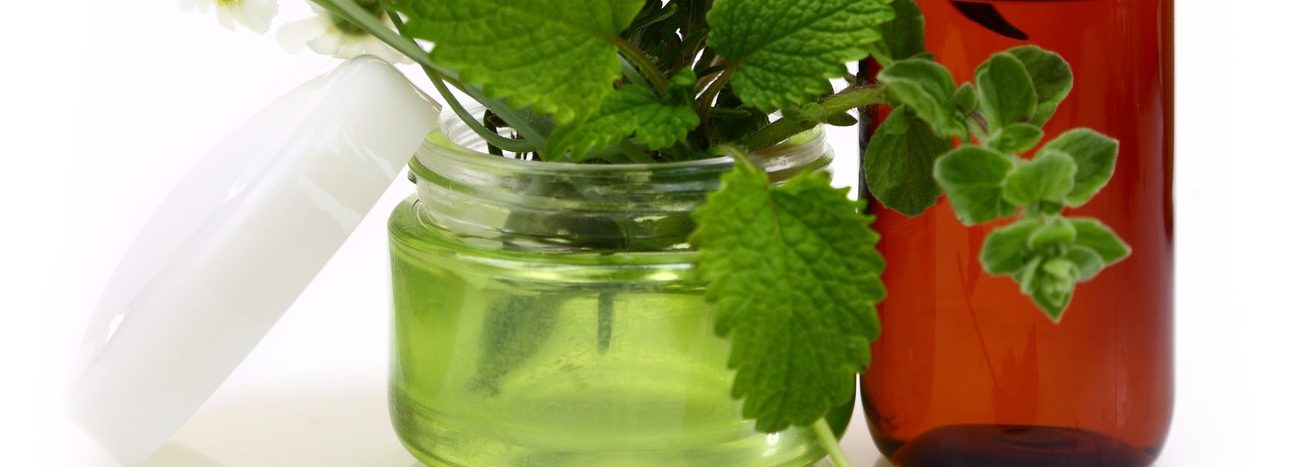 I am personally for avoiding, as far as possible, chemical substances suspected of being harmful to health in the care products I use. This is however not a hard and fast rule, since conventional pharmaceutical cosmetics (which are usually not organic or natural) are often indispensable in the treatment and prevention of skin diseases.
I am personally for avoiding, as far as possible, chemical substances suspected of being harmful to health in the care products I use. This is however not a hard and fast rule, since conventional pharmaceutical cosmetics (which are usually not organic or natural) are often indispensable in the treatment and prevention of skin diseases.
One example is paraffins, which are not per se harmful to health and sometimes cannot be avoided in treating certain skin problems. Personally, I try to use natural products for myself and I also support my patients’ desire to find natural alternatives. With genuine natural cosmetics, one can be sure that certain discredited ingredients, i.e., potentially hormone-active or carcinogenic substances, are not included. However, the term “natural cosmetics” is not protected, so you should always pay attention to a corresponding seal of quality on the packaging! However, there are also a great variety of seals and not all have strict criteria. The most well-known seals are Natrue, BDIH and ecocert: these are certainly trustworthy. The designation “nature” or “natural” etc. on the product packs is not sufficient as a criterion of quality! There are a variety of products that sound or look natural and still contain dubious preservatives. Natural cosmetics can also cause skin irritation, so for sensitive skin I would recommend looking for products with as few ingredients as possible. Some natural cosmetics companies also offer their own line for sensitive skin.
In the case of chronic skin problems, it is important to get an exact diagnosis from a dermatologist so that the appropriate type of care can be determined. Unhealthy skin reacts more sensitively to the ingredients of cosmetic products, both natural and synthetic.
Natural cosmetics do not contain synthetic, potentially allergenic preservatives and fragrances, but in principle, any – both synthetic and natural – ingredients can cause intolerances or allergies. Known “natural” allergens are: lanolin (wool wax), propolis (beeswax), arnica, marigold, chamomile. Also essential oils, which are purposefully used in natural cosmetics for their preservative qualities, can cause skin irritations or allergies.
This means, as a knowledgeable consumer, it is advisable to pay particular attention to your selection of care products and not to simply rely on advertising.

